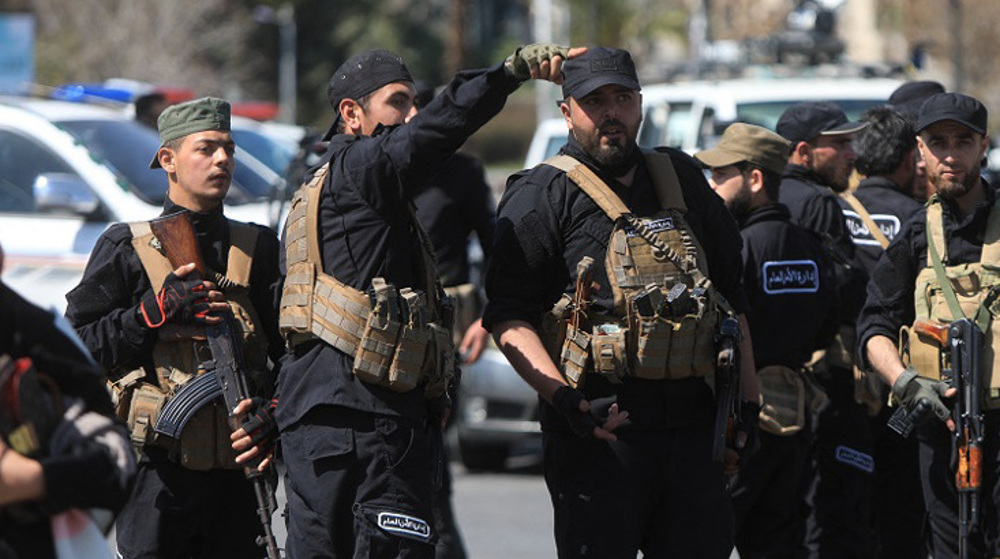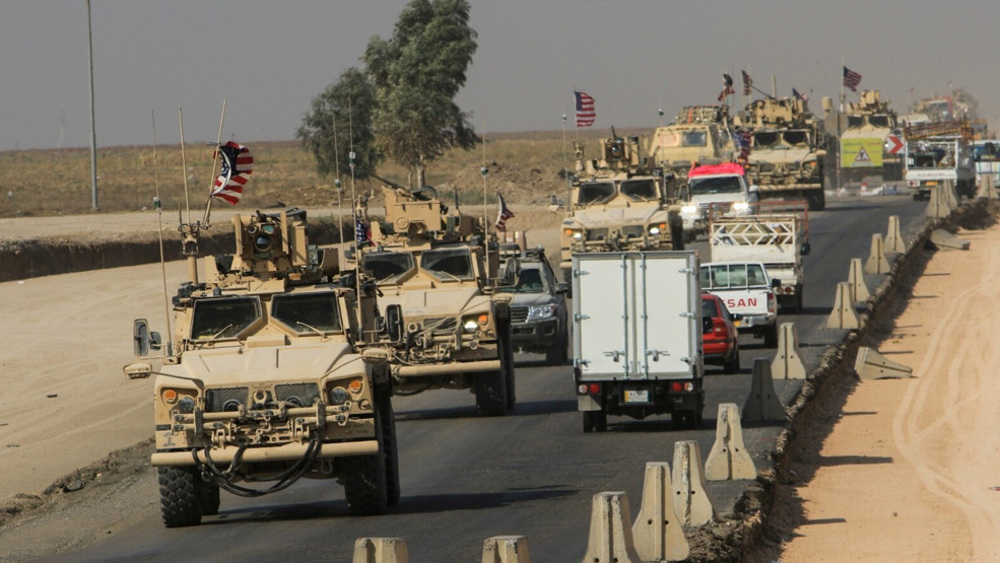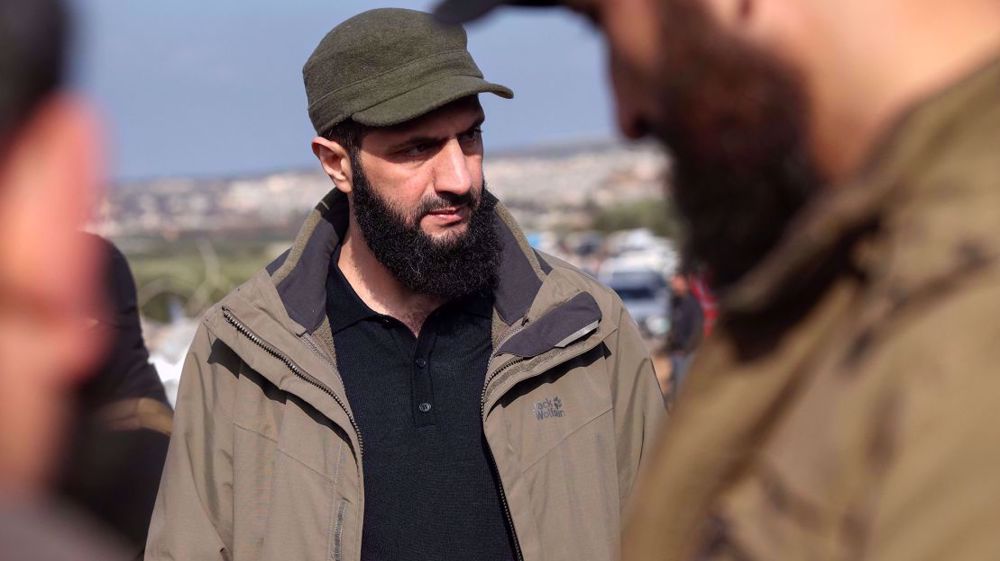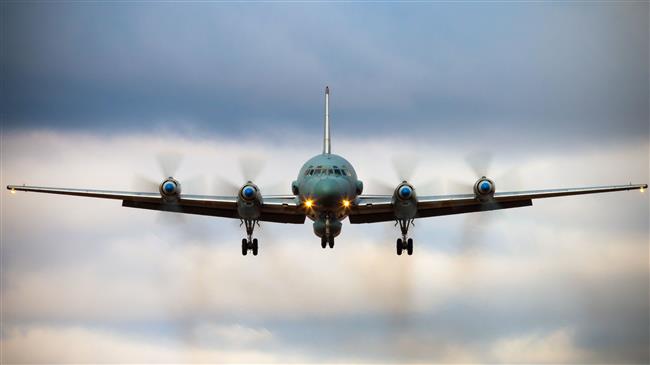Netanyahu to meet Putin after Russia gives S-300 to Syria
Israeli Prime Minister Benjamin Netanyahu says he will soon meet President Vladimir Putin amid tensions over the downing of a Russian aircraft during Israel's bombing of Syria last month.
Netanyahu made the announcement at a cabinet meeting on Sunday, without citing a specific date or venue for the talks with Putin.
Netanyahu has traveled to Russia several times in the past in order to mollify Moscow over frequent Israeli airstrikes in Syria under the pretext of confronting Iran and Lebanon's Hezbollah.
Last month, Israel angered Putin after a Russian Il-20 reconnaissance aircraft was shot down and all 15 servicemen on board were killed during Israeli airstrikes in the northwestern Syrian province of Latakia.
The Russian leader held Israel responsible for the downing and ordered the delivery of advanced S-300 missile system to Syria, which Netanyahu had successfully prevented in the past with his visits to Moscow.
Russian Defense Minister Sergei Shoigu told Putin during a meeting on Tuesday that the delivery of the surface-to-air missile system to Syria had been completed.
Russian Deputy Foreign Minister Sergei Vershinin told Sputnik news agency on Thursday that the delivery of the S-300 systems will be followed by additional steps, but did not provide any further details.
He also issued a veiled warning to Israel, saying Russia hoped the Tel Aviv regime would exercise "good judgment" on the shipment of the S-300 batteries to Syria and other steps being taken.
Russia will further start to electronically jam aircraft flying in to attack targets in Syria, Minister Shoigu said last Sunday.
"We are convinced that these measures will calm down some hotheads and keep them from careless actions which pose a threat to our troops," he said.
Netanyahu had earlier warned that giving the S-300 to Syria was “irresponsible,” and vowed to continue airstrikes against what he called Iran-related targets in Syria.
A senior Israeli official has admitted that Russia's delivery of the systems to Damascus would pose a serious "challenge" to Tel Aviv.
General Joseph Votel, who heads the US Central Command in the Middle East, called the Russian deployment of advanced anti-aircraft missiles in Syria a “needless escalation”.
The delivery of the anti-aircraft batteries constitutes a game-changer in the seven-year-old war in Syria, with Israel and the United States trying to adjust to the new realities.
Israeli intelligence website DEBKAfile reported on Saturday that the United States had decided to provide Israel with more F-35 stealth fighter jets in response to Russian measures in Syria.

Syria's HTS arrests PIJ officials after US ties sanctions relief to ban on Palestinian groups

US arms convoys enter Iraqi Ain al-Asad base from Syria: Report

Syria’s self-proclaimed president can be arrested if he visits Baghdad: Iraqi figure
VIDEO | Press TV's news headlines
The April Revolution: One-year anniversary of Gaza solidarity encampments in US
Pezeshkian hails Iran-Azerbaijan ties ahead of visit to Baku
VIDEO | Spain opposition threatens to stop law protecting African migrant minors
Broadcaster: Israel fabricated Gaza tunnel to stall ceasefire deal
US-South Korea trade tensions
Students camp out at Yale to protest Israeli minister Ben-Gvir’s visit
Over 220 US academic leaders slam Trump crackdown on universities












 This makes it easy to access the Press TV website
This makes it easy to access the Press TV website